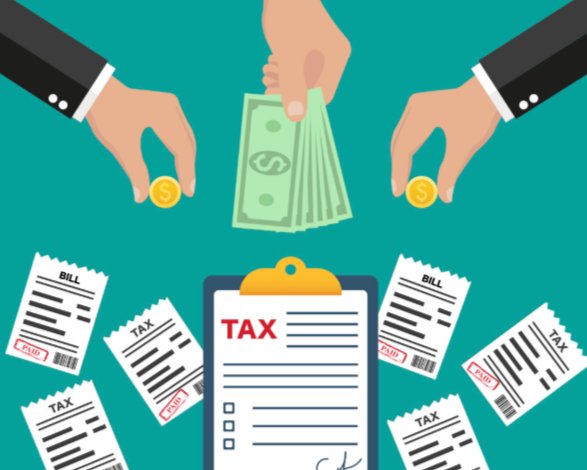
Trading ETFs on the stock market: How to do it in Singapore

Like most people, you’ve probably heard of exchange-traded funds (ETFs) but don’t know what they are. They are investment vehicles that allow investors to hold a diversified portfolio of assets in one security. In this article, we’ll discuss how to trade ETFs on the stock market in Singapore. First, we’ll explain what an ETF is and how it works. Then, we’ll walk you through buying and selling ETFs in Singapore on the stock market.
What are ETFs, and how do they work on the stock market?
An investment fund holds a basket of assets, such as stocks, bonds, or commodities. They are traded on stock exchanges and can be bought and sold like any other stock. An ETF’s price is based on its underlying assets’ value. For example, if an ETF tracks the S&P 500 index, then the value of the ETF will rise and fall along with the S&P 500.
Investors often use ETFs to get exposure to a particular asset class or market segment that they wouldn’t be able to access directly. For example, some ETFs track specific sectors like financials or healthcare. Some ETFs focus on specific countries or regions, such as emerging markets or Europe.
ETFs have become increasingly popular in recent years as a low-cost way to invest in a wide range of assets. They typically have lower costs than traditional mutual funds because they are passively managed. They aim to track a specific index rather than trying to outperform it.
How to trade ETFs in Singapore – what you need to know
Now that we’ve explained what ETFs are and how they work let’s discuss how to trade them on the stock market in Singapore.
First, you need to know that there are two main types of ETFs: equity and bonds. Equity ETFs track a basket of stocks and are subject to the same risks as individual stocks, and bond ETFs track a basket of bonds and are subject to the same risks as individual bonds.
Regarding trading ETFs, there are a few things you need to keep in mind. First, you must have a brokerage account with a stock broker offering ETF trading. Next, you’ll need to choose the right ETF for your investment goals. Finally, you’ll need to place a buy or sell order just like you would for any other stock.
Let’s take a closer look at each of these steps.
Step 1: Open a brokerage account with a stock broker that offers ETF trading
If you want to trade ETFs, you’ll need to open a brokerage account with a stock broker that offers ETF trading. Many online brokers offer ETF trading, so comparing features and fees is essential before choosing one. You may want to consider the types of ETFs offered, commission rates, and account minimums.
Step 2: Choose the right ETF for your investment goals
Once you’ve chosen a broker, it’s time to select the right ETF for your investment goals. There are thousands of ETFs to choose from, so it’s essential to do your research before making a decision. You’ll want to consider the fund’s expense ratio, tracking error, and liquidity.
Step 3: Place a purchase or sell order
Once you’ve selected an ETF, it is time to place a buy or sell order. This is done through your broker’s online platform. When placing an order, you’ll need to specify the number of shares you want to purchase or sell and the cost you’re willing to pay. Your order will then be matched with another trader’s order and executed at the agreed-upon price.
The benefits of trading ETFs on the stock market
Now that we’ve covered the basics of ETF trading, let’s discuss some benefits.
The main advantage is that they offer exposure to a wide range of assets. If you want to invest in gold, you could buy shares in a gold ETF, exposing you to gold price movements without owning any physical gold.
Another advantage is that they are very cost-effective. ETFs typically have lower fees than traditional mutual funds because they are passively managed. They aim to track a specific index rather than trying to outperform it.
Lastly, ETFs can be traded like any other stock on the stock market, which means you can buy and sell ETFs anytime during market hours.



